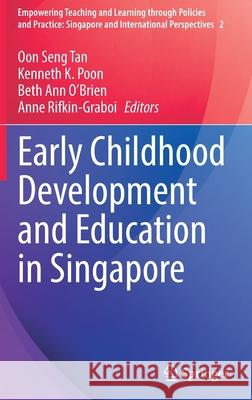Early Childhood Development and Education in Singapore » książka
topmenu
Early Childhood Development and Education in Singapore
ISBN-13: 9789811674044 / Angielski / Twarda / 2022 / 332 str.
Early Childhood Development and Education in Singapore
ISBN-13: 9789811674044 / Angielski / Twarda / 2022 / 332 str.
cena 645,58
(netto: 614,84 VAT: 5%)
Najniższa cena z 30 dni: 539,74
(netto: 614,84 VAT: 5%)
Najniższa cena z 30 dni: 539,74
Termin realizacji zamówienia:
ok. 16-18 dni roboczych.
ok. 16-18 dni roboczych.
Darmowa dostawa!
Kategorie:
Kategorie BISAC:
Wydawca:
Springer
Język:
Angielski
ISBN-13:
9789811674044
Rok wydania:
2022
Ilość stron:
332
Waga:
0.63 kg
Wymiary:
23.39 x 15.6 x 1.91
Oprawa:
Twarda
Wolumenów:
01
Dodatkowe informacje:
Wydanie ilustrowane











